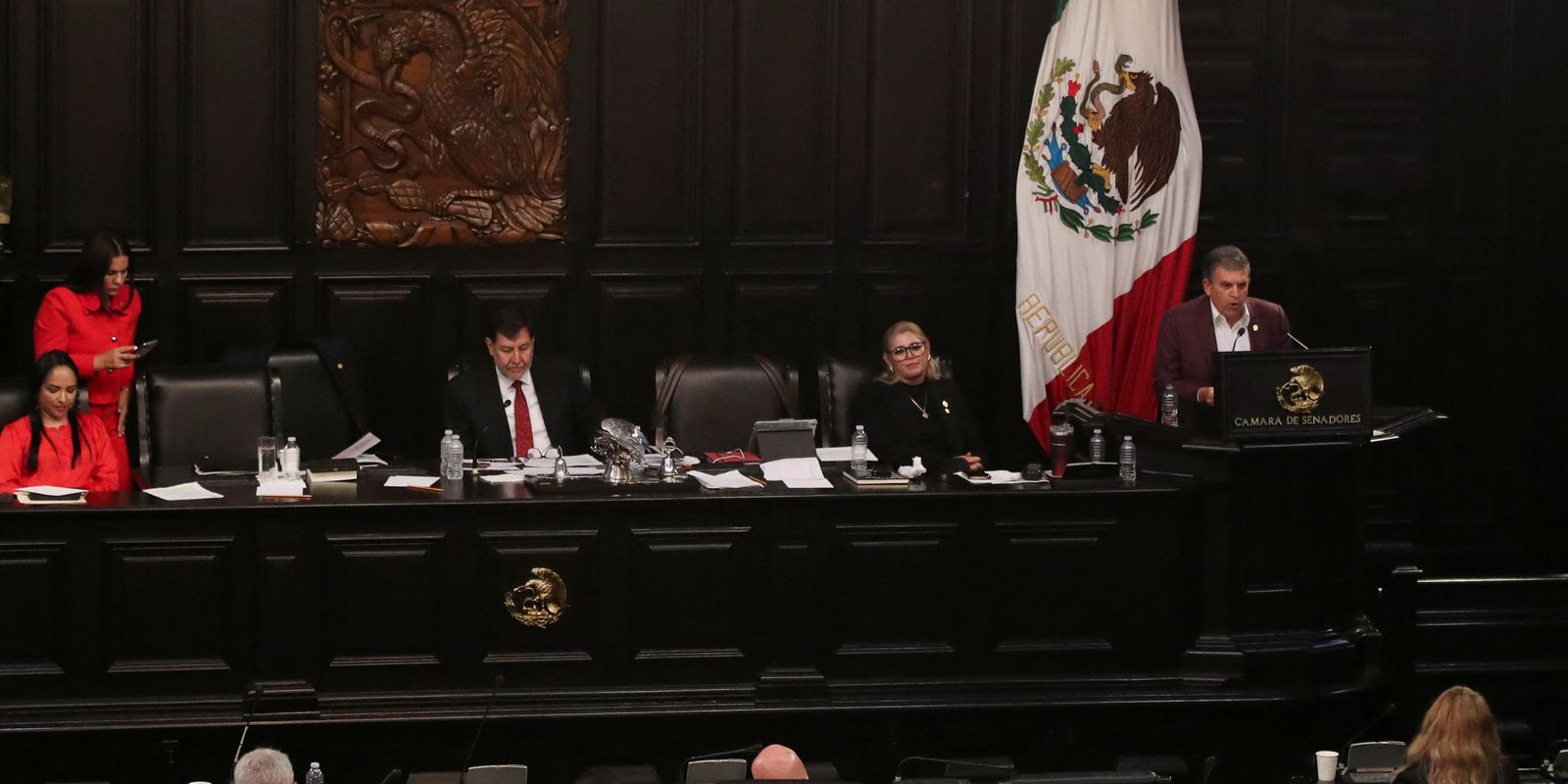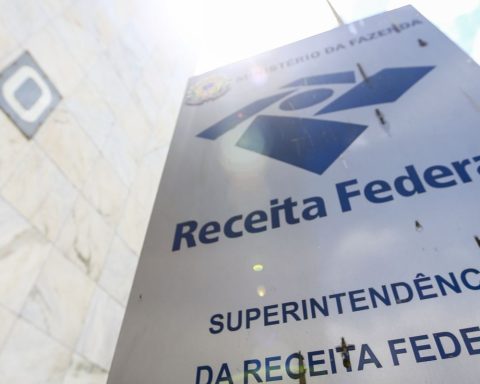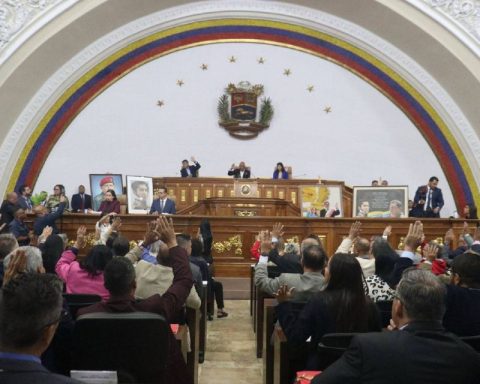Mexico’s Senate approved early Wednesday (11) a sweeping judicial reform that will change the country’s judiciary, with judges elected by popular vote – a profound transformation that critics fear could threaten the rule of law and harm the economy.
In a session that lasted more than 12 hours and had to be interrupted and moved to another location when protesters stormed the Senate building, the ruling Morena party and its allies secured the two-thirds vote needed to approve the reform. The approval sparked protests, a strike by judicial workers and volatility in the financial markets.
The vote was 86 in favor and 41 against, and was applauded by pro-government senators. The reform will come into effect as soon as it is published in Mexico’s official gazette.
The approval occurred after a tense debate and a great political dramaas the ruling coalition began Tuesday with one seat less than the majority needed to approve constitutional reform.
But one opposition lawmaker broke ranks from his party to vote in favor of the bill, while another was absent amid allegations he had been detained to prevent him from voting.
Morena denied any wrongdoing.
“This is a sad day for our Mexico,” said Senator Alejandro Moreno, president of the opposition PRI party. The reform “was approved in the Senate through the worst tricks and under unimaginable pressure and coercion.”
The reform is a major victory for outgoing President Andrés Manuel López Obrador, who sees it as vital to restoring integrity to Mexico’s judiciary and ensuring it serves the people and not the interests of the elite and criminals.
Critics, however, fear it places an alarming concentration of power in Morena’s hands.
Repercussion
Mexico’s main trading partners, the United States and Canada, have warned that the reform could undermine the trade pact between the three countries and negatively impact investment.
The reform has also spooked markets, with the Mexican peso losing around 17% of its value since the June 2 presidential election, which saw Morena win in a landslide.
As senators debated the reform on Tuesday, protesters stormed the Senate building waving Mexican flags and shouting “traitors,” forcing the session to be halted and moved to another location.
The backbone of the constitutional reform, which the lower house approved last week, calls for the election by popular vote of more than 6,500 judges and magistrates, including for the Supreme Court.
The reform also reduces the number of Supreme Court justices from 11 to 9, shortens their terms to 12 years, eliminates the minimum age requirement of 35 years and halves, from 10 to 5 years, the professional experience required for the position.
THE future president of Mexico, Claudia Sheinbaumwho takes office on October 2, will be tasked with managing the consequences of the reform, which risks dominating the first months of his term.
*Additional reporting by Natalia Siniawski
Reproduction of this content is prohibited.

















